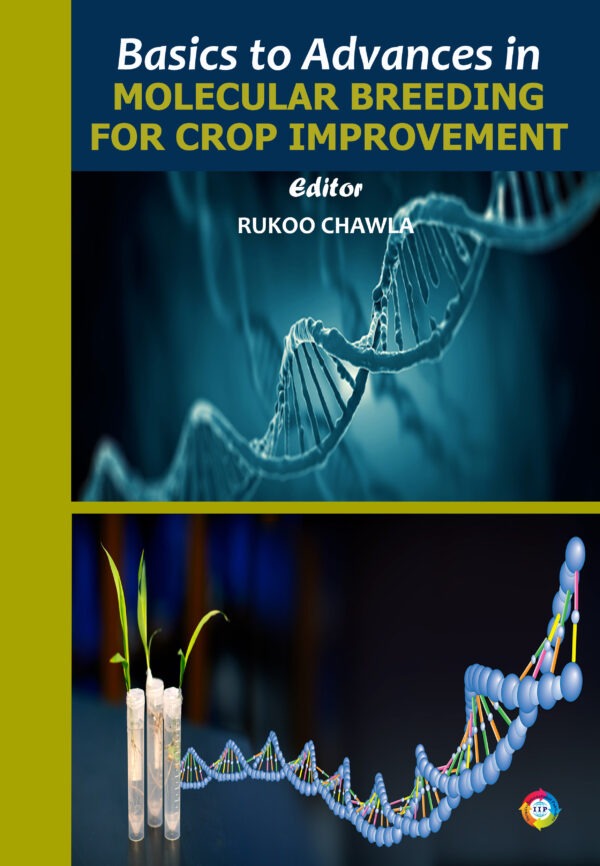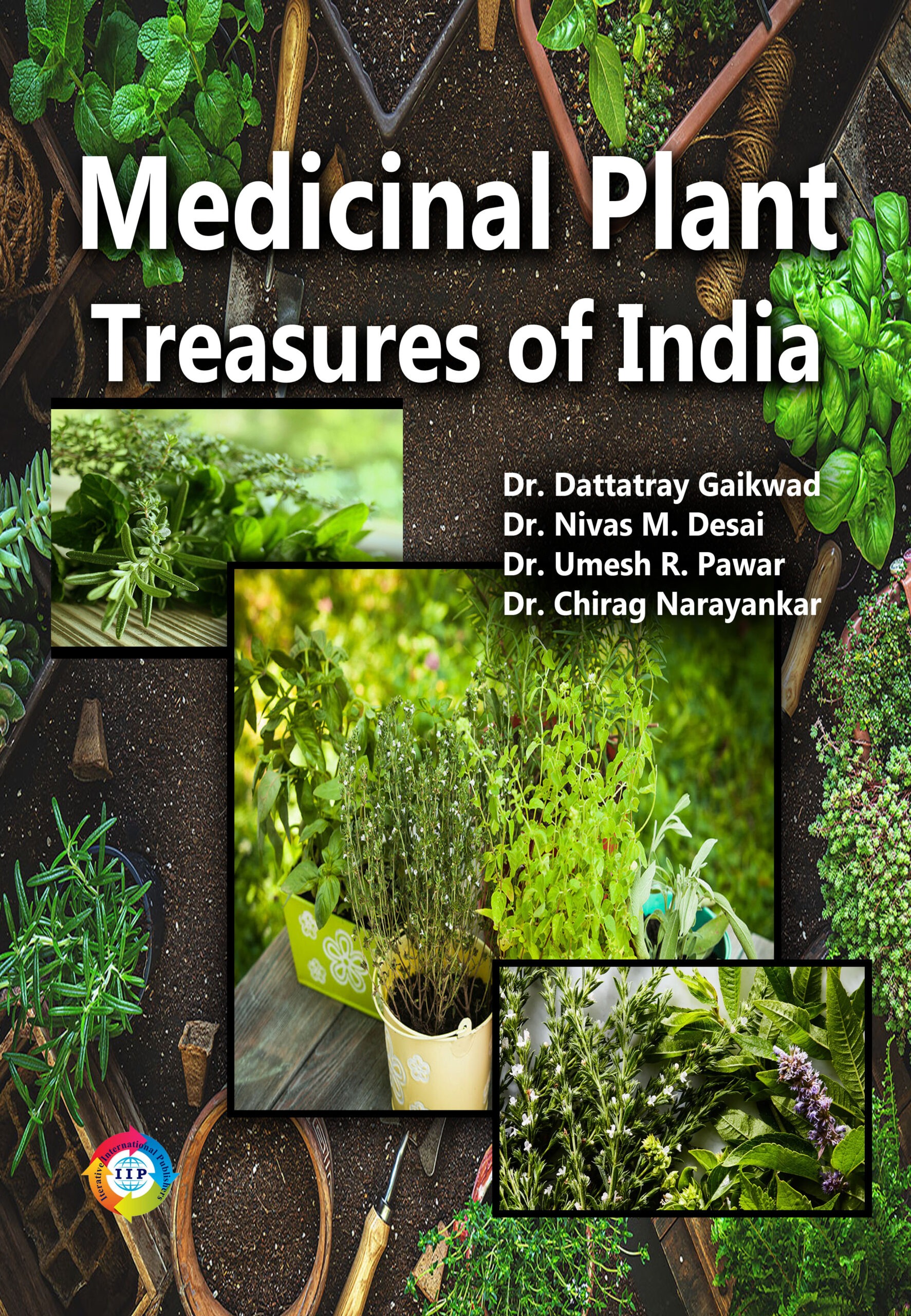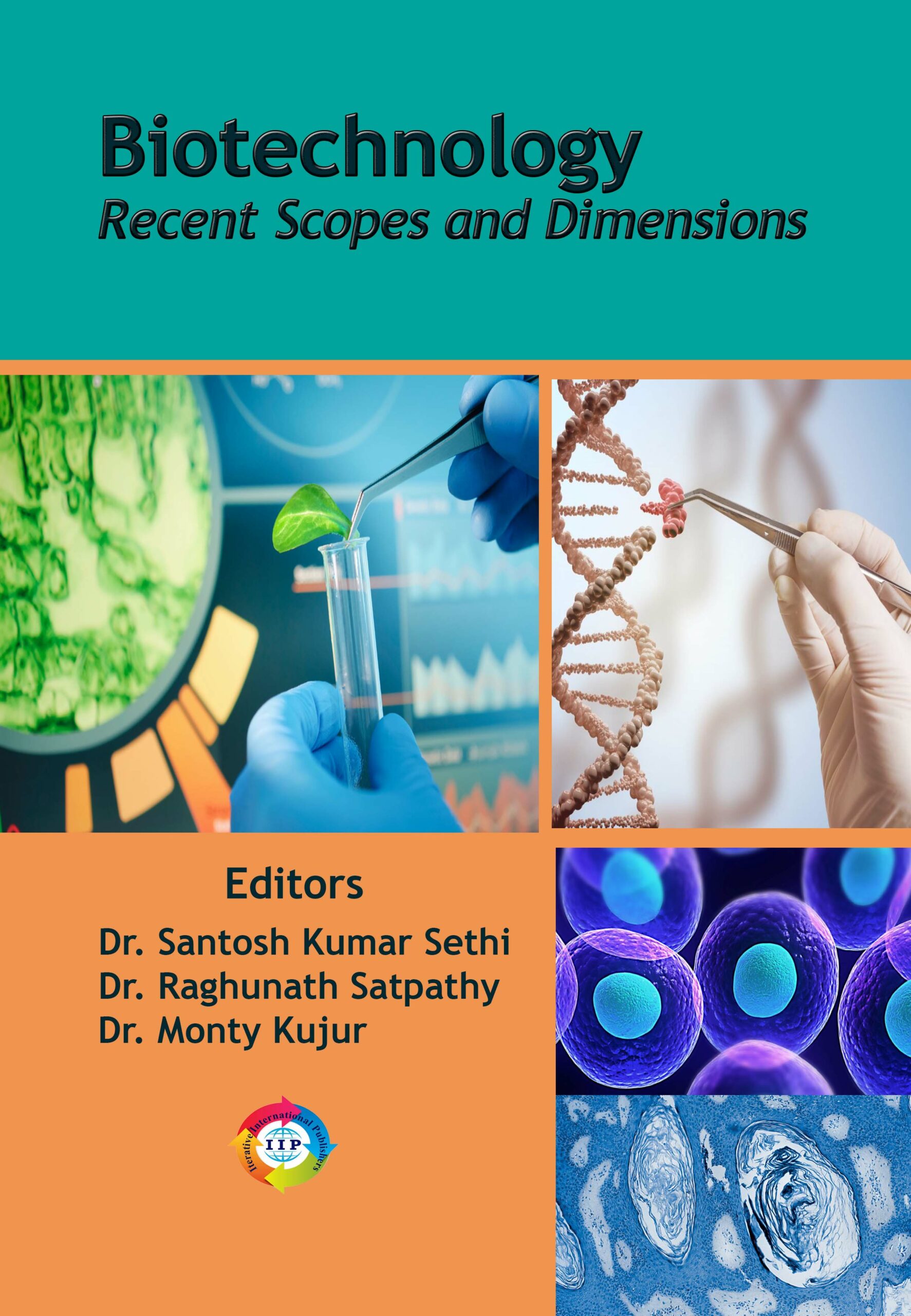In the ever-growing world of agriculture, the demand for high-yielding, resilient, and nutritious crops continue to escalate. As we grapple with challenges such as climate change, population growth, and dwindling resources, it is imperative that we harness the power of science and technology to revolutionize crop improvement methods. Molecular breeding, an interdisciplinary field at the forefront of agricultural research, holds immense promise in shaping the future of sustainable agriculture. This book, “Basics to Advances in Molecular Breeding for Crop Improvement” aims to provide a comprehensive and accessible resource for researchers, students, and practitioners involved in crop improvement programs. It serves as a guide, navigating the vast landscape of molecular breeding from its fundamental principles to the latest cutting-edge techniques.
Throughout the chapters, readers will embark on a journey that begins with the basics of molecular biology, genetics, and plant breeding. The foundation laid in these initial chapters provides a solid understanding of the fundamental concepts that underpin molecular breeding. We delve into the intricate mechanisms of genetic variation, heritability, and gene expression, shedding light on the genetic architecture that governs desirable traits in crops. We explore the various marker-assisted breeding approaches, such as quantitative trait loci (QTL) mapping, genomic selection, and marker-assisted backcrossing, which have become essential tools for accelerating crop improvement. We explore the intricate interplay between genes and their functions, studying gene expression patterns, gene editing techniques, and genome-wide association studies (GWAS). These advanced molecular tools have enabled breeders to manipulate plant genomes with unparalleled precision, leading to the development of novel varieties with enhanced agronomic traits and nutritional value.









Reviews
There are no reviews yet.